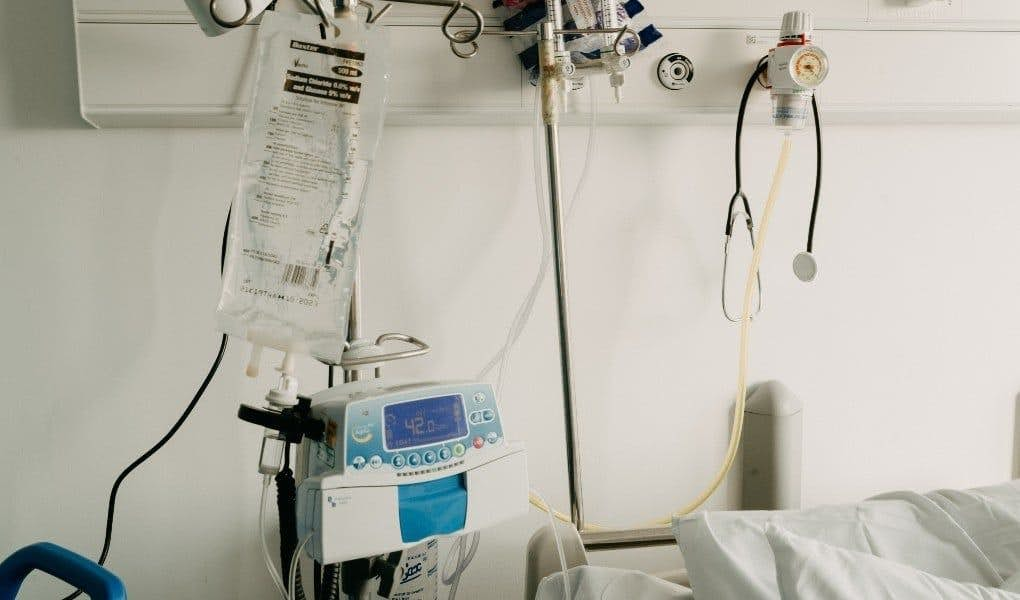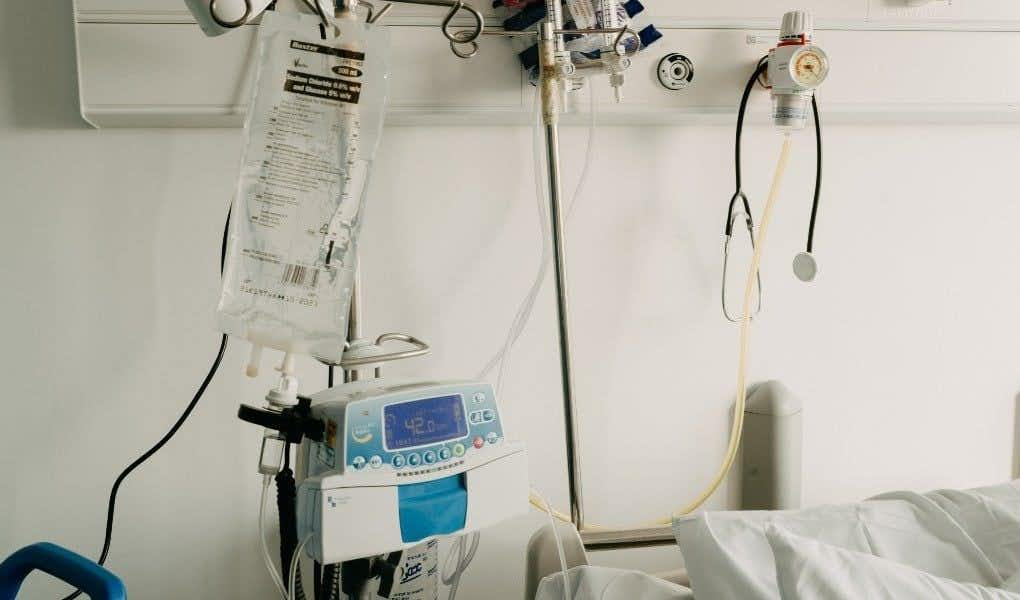Melissa Ward found out that there was a malignant tumor in her right breast. She then underwent breast cancer treatment at the Greater Baltimore Medical Center (GBMC). Prior to treatment, her tumor was biopsied. Additionally, the doctor placed a metal clip at the biopsy site to locate the precise areas of the malignancy.
In September 2017, Ward underwent five months of pre-operative chemotherapy in an effort to eliminate the malignant tumor. Upon completion of the chemotherapy treatment, a mammogram and ultrasound of the right breast revealed that the biopsy clip and tumor remained in place. Ward summarily elected to undergo a double mastectomy surgery to remove the malignancy.
Failed Double Mastectomy
In February 2018, Dr. Sara Fogerty performed Ward’s double mastectomy. Following the surgery, a pathologist examined the right breast mastectomy specimen. However, the pathologist was unable to identify breast cancer, the biopsy clip, or the biopsy site changes in the specimen. Fogerty grew concerned that she failed to remove the portion of the right breast tissue that contained the malignant tumor and biopsy clip. She presented her concern to the GBMC board. The board then recommended additional imaging, including an ultrasound and a mammogram of Ward’s right breast. Ward underwent the additional imaging but testified that her physician did not inform her of the reason for the additional evaluation.
Dr. Judy Destouet of Advanced Radiology reviewed the additional imaging. Destouet reported that the images were negative for breast cancer and the biopsy clip. Despite this determination, Destouet and Fogerty remained concerned that Fogerty did not remove the biopsy clip and tumor. However, their concerns were not documented or shared with Ward. In fact, Fogerty informed Ward that she experienced a complete pathologic response to the chemotherapy. Fogerty’s and Destouet’s conclusions were recorded in Ward’s medical records. For the next nine months, Ward’s medical team treated Ward as though the physician successfully removed her tumor.
Delay in Breast Cancer Treatment
It was not until November 2018, when Ward felt a lump in her right breast in the same area where the cancer was first identified, did she become concerned that her physician did not successfully treat the tumor. Imaging of the breast confirmed that the physician didn’t remove the tumor and the biopsy clip during the double mastectomy. Due to the unfortunate delay in breast cancer treatment, Ward underwent an additional five weeks of daily radiation. Following the radiation treatment, she underwent several surgeries, including a lumpectomy and a second mastectomy to remove the tumor. Ward also had a reconstruction of her chest. The delay in breast cancer treatment and removing the tumor also increased her risk for future disease.
Procedural History
On November 13, 2019, Ward filed a medical malpractice suit in Baltimore County Circuit Court against GBMC and Advanced Radiology for the breast cancer treatment delay. Ward alleged that the doctors were negligent in failing to remove the tumor. She also claimed that the doctors failed to properly follow up on a report that the tissue removed had no evidence of a tumor or biopsy clip. Additionally, Ward alleged that the doctors failed to identify the clip and tumor in a post-surgery mammogram and ultrasound.
At trial, Destouet testified that she erroneously reported in February 2018 that the post-surgical imaging was negative for breast cancer. She added that she was able to identify the tumor and biopsy clip in Ward’s post-surgical imaging. Destouet also testified that at the time of Ward’s post-surgical imaging, she believed the clip and tumor remained in Ward’s body. Additionally, at trial, Fogarty and the GBMC medical oncologist testified that their diagnosis that Ward experienced a complete pathologic response to chemotherapy was incorrect.
The Verdict
On June 27, 2022, a jury returned a verdict in favor of Ward. The jury found the defendants negligent in their care and treatment. As a result, the jury awarded Ward $2.4 million in damages for past and future medical treatment.
Key Takeaways From the Delayed Breast Cancer Treatment Case
Medical malpractice lawyers seeking sizable awards for their clients, like Ward’s $2.4 million verdict, must be aware of their state’s laws related to caps on damages in medical malpractice claims. For example, in Maryland, where Ward brought her case, there is a cap on non-economic damages but no cap on economic damages. As such, it is incumbent upon the plaintiff’s counsel to be mindful of which damages to seek to most benefit their client.




